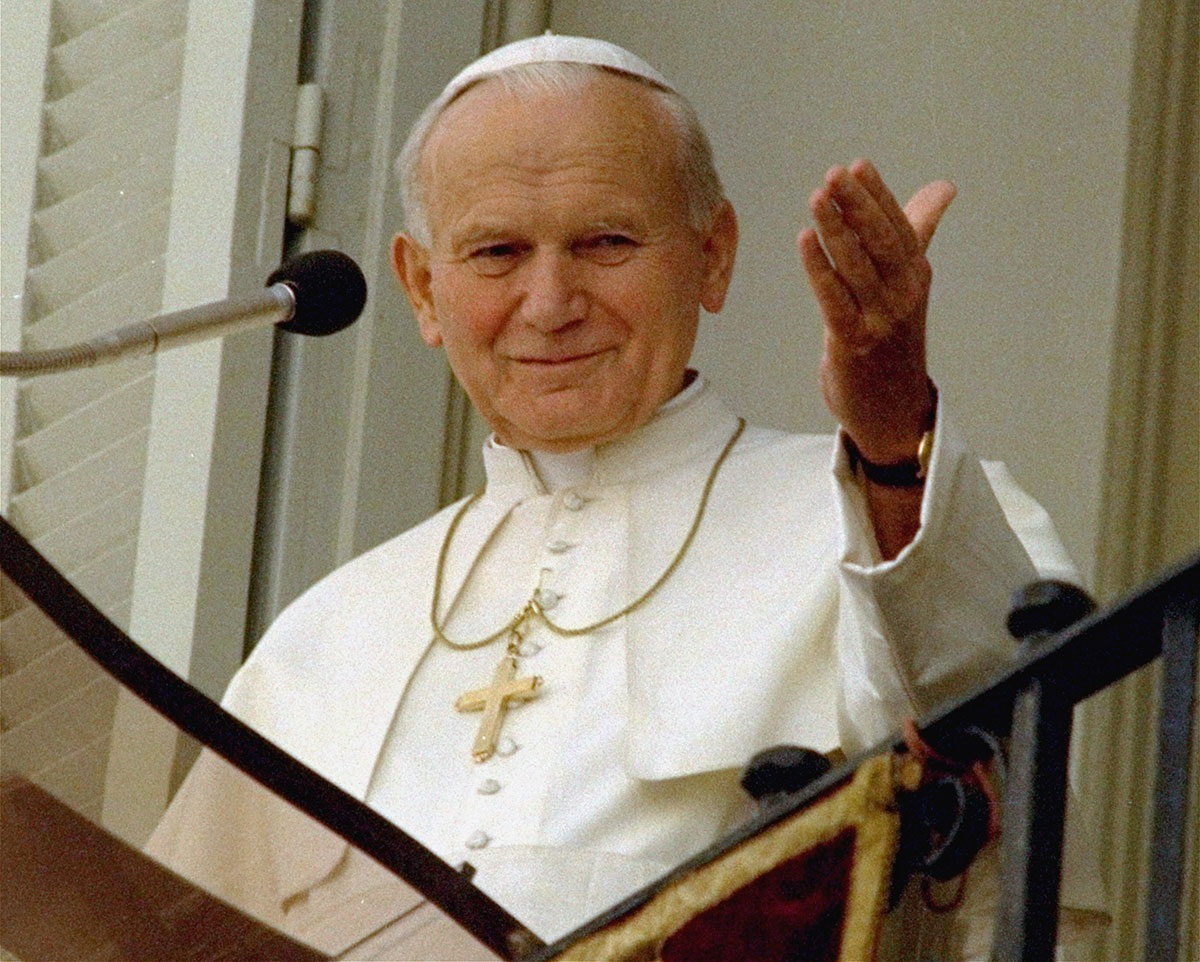By Maria Gallagher, Legislative Director
The year 2020 marks the 25th anniversary of an incredible document defending the sanctity of human life.
“Evangelium Vitae” or “The Gospel of Life” by Pope John Paul II has definitely stood the test of time. Its powerful arguments are as relevant today as they were two-and-a-half decades ago.
The Pontiff issued this warning about attacks on human life:
…not only is the fact of the destruction of so many human lives still to be born or in their final stage extremely grave and disturbing, but no less grave and disturbing is the fact that conscience itself, darkened as it were by such widespread conditioning, is finding it increasingly difficult to distinguish between good and evil in what concerns the basic value of human life.
In contrast, Pope John Paul II offered his “Gospel of Life”:
…the splendour of truth which enlightens consciences, the clear light which corrects the darkened gaze, and the unfailing source of faithfulness and steadfastness in facing the ever new challenges which we meet along our path.
The Pope also presented a powerful Biblical rationale for preserving and protecting life from the very moment of conception.
The New Testament revelation confirms the indisputable recognition of the value of life from its very beginning. The exaltation of fruitfulness and the eager expectation of life resound in the words with which Elizabeth rejoices in her pregnancy: “The Lord has looked on me … to take away my reproach among men” (Lk 1:25). And even more so, the value of the person from the moment of conception is celebrated in the meeting between the Virgin Mary and Elizabeth, and between the two children whom they are carrying in the womb. It is precisely the children who reveal the advent of the Messianic age: in their meeting, the redemptive power of the presence of the Son of God among men first becomes operative.
The Gospel of Life is available online here. In these difficult days, reading or re-reading this classic work can help give you the strength you need to speak out boldly and convincingly for the sacredness of life.

